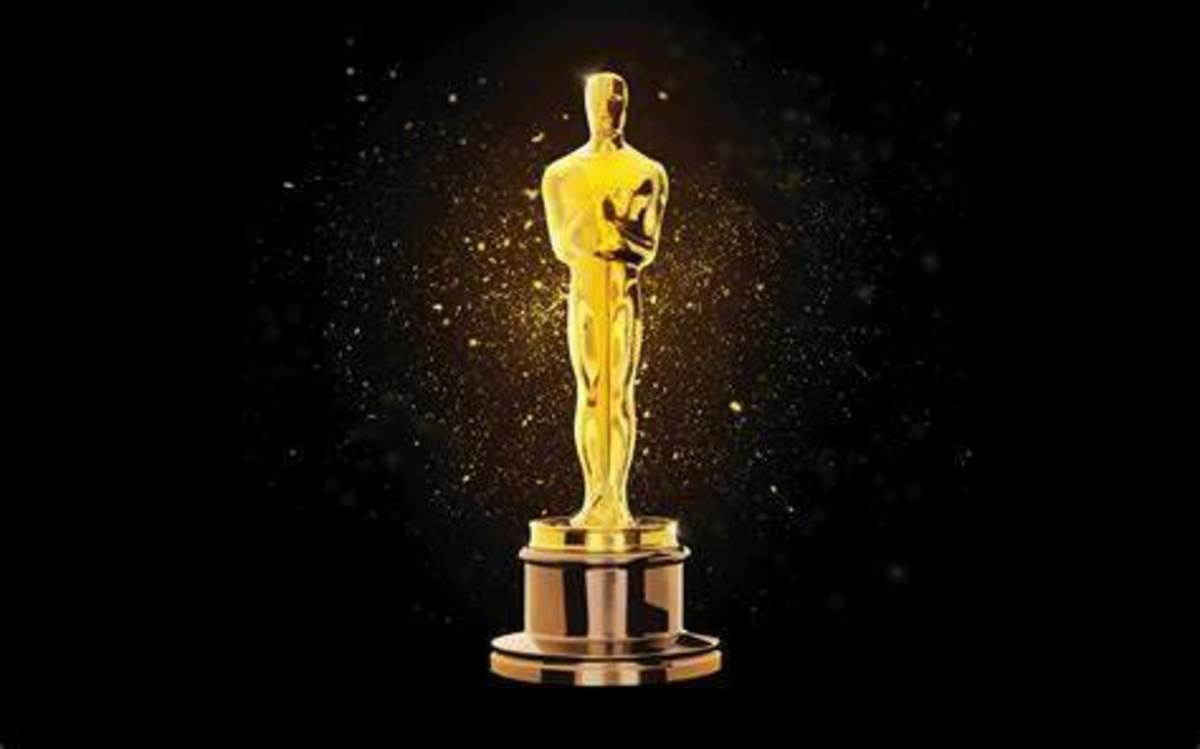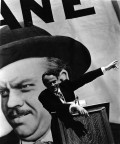And the Oscar Went to: Mistakes the Academy Made on a Yearly Basis
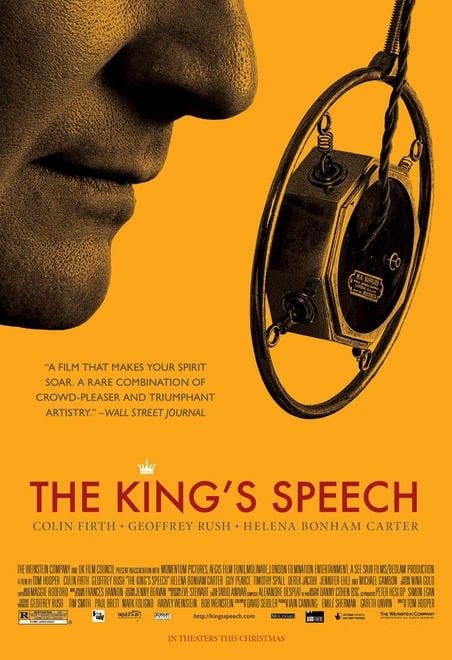
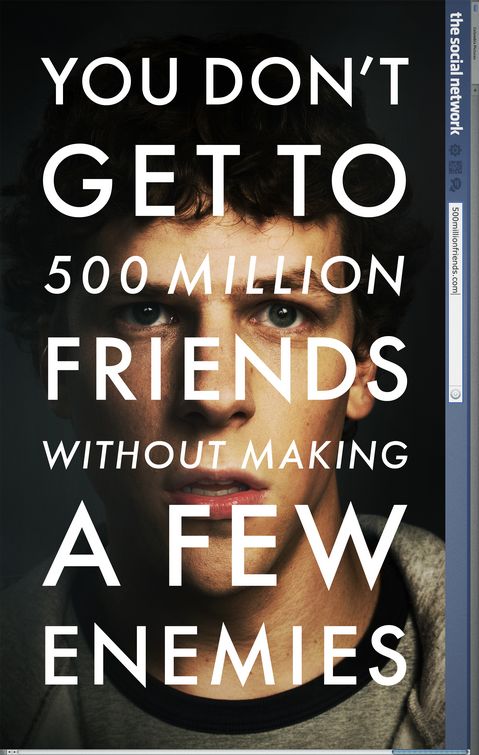
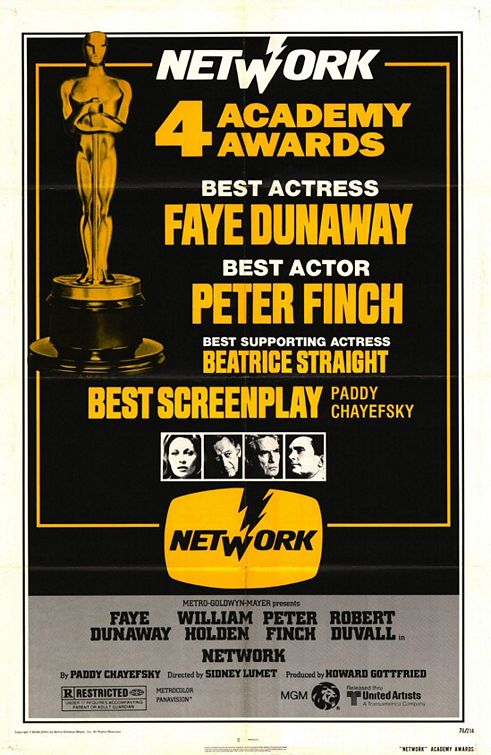
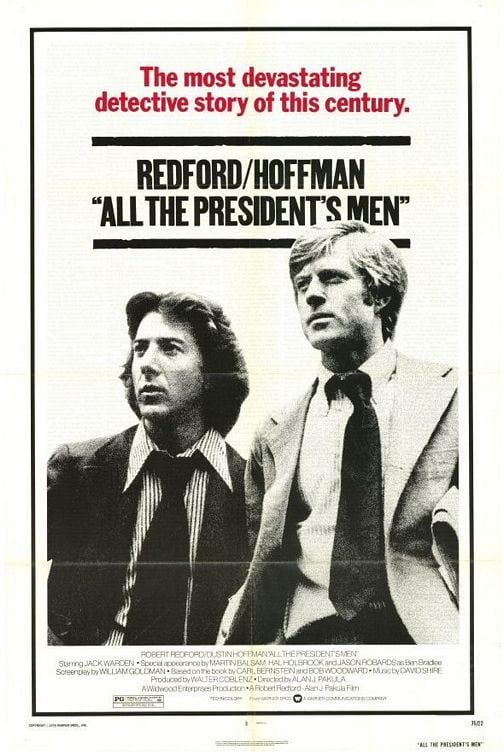
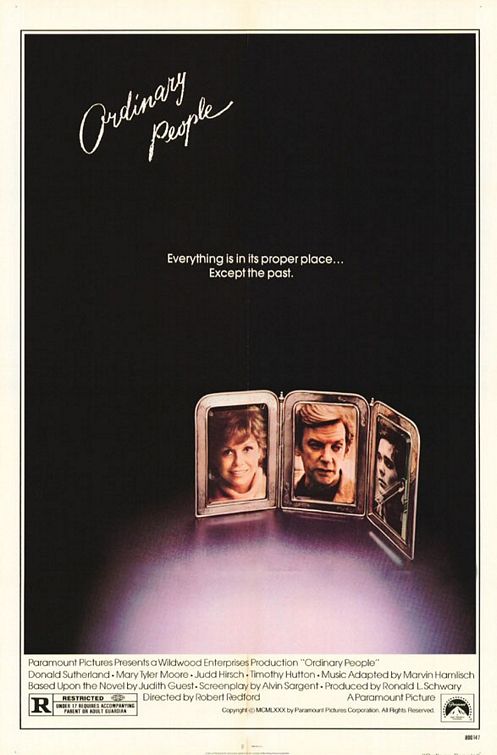
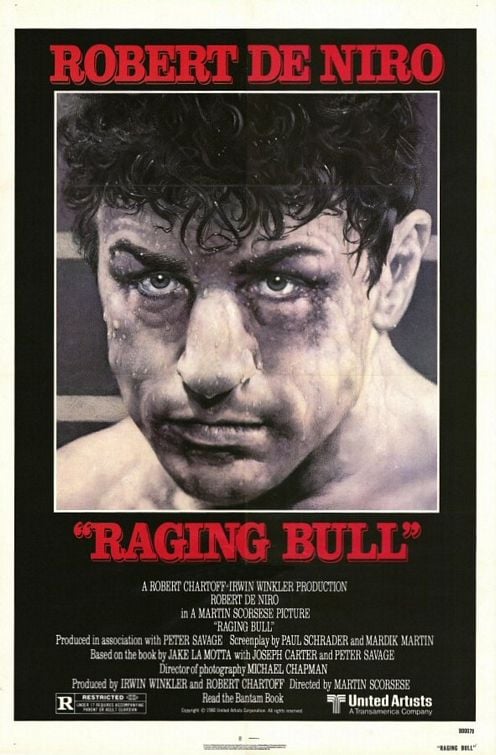
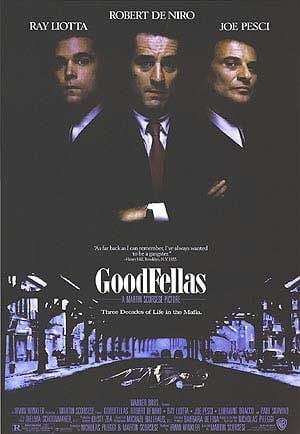
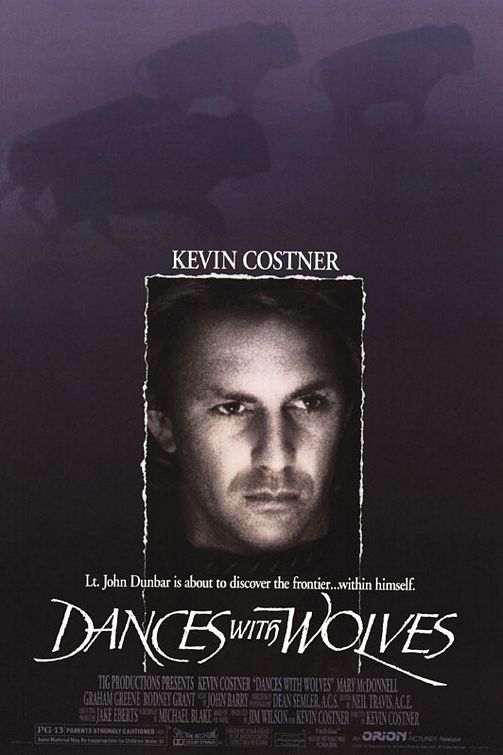
On February 27th, The 83rd Annual Academy Awards will cap off the movie awards season extravaganza and finally determine who truly had a good year in film. Many industry insiders have made their speculations as to who will walk away with the coveted Oscars. (Colin Firth and Natalie Portman are strong frontrunners, while the Supporting categories are a clear toss-up.) Hopefully, there will be a few necessary surprises because no one enjoys knowing who will win before the show has started.
The only true uncertainty is which movie will win Best Picture (The Social Network or The King's Speech) based on merit or previous winners in the past. The suspense is interesting to watch in the beginning, but if a mistake has been made it will be talked about for all the wrong reasons decades down the line. Of course, the Academy doesn't always necessarily vote for the right things or people. Mistakes have been made, and will continue to be made this year as well. Here are a list of five of the Academy Award's bad habits that they follow year after year like clockwork. See how your favorite or least favorite winners stack up and decide for yourselves whether the Academy needs to rethink their voting methods.
- Do Over Oscars- Giving a multiple nominee a make-up Oscars for a lesser quality film/performance. Renee Zellweger's win for Cold Mountain was a prime example of the Academy bestowing an award to someone who should've won before and got this one out of sympathy. Her performance was more of a detriment to the overall quality of the film and seemed almost designed towards awards season instead of a genuine performance. It's a shame because she has proven to be a good actress in films like Chicago and Bridget Jones's Diary. Two other casualties of this were Al Pacino and Paul Newman. Both were multiple nominees who should've won for their outstanding performances in films like 1974's Serpico or 1982's The Verdict. The actors instead won their awards for their work in okay films at best, 1992's Scent of a Woman and 1986's The Color of Money. It's a shame that the Oscars don't always do ties because in their cases it would've been worth it. The only time the show did that was when Funny Girl's Barbra Streisand and The Lion in Winter's Katharine Hepburn both won the Best Actress prize in 1969.
- Awarding Oscars Too Soon- This glaring mistake allowed the Academy to award Oscars to nominees who shouldn't have necessarily won. Sometimes it's just an honor to be nominated, especially if it's the first nomination of many. (Of course, this is excluding younger nominees who sometimes deserved to win because they clearly beat their adult competition out of the water like Ordinary People's Timothy Hutton.) Usually, it's best to allow certain actors and actress to grow professionally before handing them an Oscar before they're ready to accept it. Even though it was a crowd pleasing role, Tommy Lee Jones' win for 1993's The Fugitive shouldn't have happened. The role didn't really allow Jones the opportunity to truly act, except hurl cranky one liners while chasing Harrison Ford. The award should've gone to Ralph Fiennes for his disturbing Nazi soldier in Schindler's List. His performance was simply frightening and worthy of an Oscar. Another glaring mistake was Marisa Tomei's Best Supporting Actress win for My Cousin Vinny. It was such a lightweight role that didn't fully display her talents just yet. In Tomei's case, her career has greatly improved since her win versus other Supporting Actress winners. She used her Oscar win to her advantage.
- The Favorites Game- Let's face the facts. The Academy often liked certain celebrities more than others. Their motives weren't always pure when it came to nominating certain big name celebrities. They needed to fill the auditorium with recognizable faces to keep people glued to their television sets. No Oscars is complete without the presence of stars like Meryl Streep, Jack Nicholson, Brad Pitt and Angelina Jolie. Sometimes the nominations are justified, while others aren't. That's starting to change with the discovery of new talent through their deserved first time nominations (Carey Mulligan and Jennifer Lawrence to name a few). Watching the Oscars allowed moviegoers to hear about films they wouldn't normally be able to see otherwise. Hopefully, future ceremonies will build upon that sense of discovery with a mix of familiar faces.
- Playing the Morality Police- Sometimes a celebrity's previous bad behavior and poor film choices can come back to haunt them when Oscar comes calling. The awards should be given to people based on their work, not their off-camera personality. When Eddie Murphy was nominated for Best Supporting Actor for Dreamgirls, he lost to Little Miss Sunshine's Alan Arkin largely in part for both reasons. His past behavior and the poorly timed release of 2007's Norbit did nothing to help his cause during the ceremony. Another casualty of bad behavior coming to haunt him was Russell Crowe when he lost the Best Actor Oscar for 2001's A Beautiful Mind, even though he already won the previous year for Gladiator. Due to his bad boy behavior, current nominee Christian Bale might have to prepare himself for an upset this year because his infamous temper could cost him an Oscar.
- Playing it Safe- Usually, a Best Picture Oscar is given to a film that deserved it by causing the Academy to take notice what was onscreen. A deserving film caused the audience to examine life, their relationships and society as a whole. That's where the debate about whether 2005's Crash should've won over Brokeback Mountain always starts to play. When it comes to the Academy Awards, the voters were often too conservative when they chose Best Picture winners. They sometimes went for the David versus Goliath story (1976's Rocky versus the heavyhitting All the President's Men or the satirical Network). Sometimes this conservative voting allowed overly frothy films like 1998's Shakespeare in Love to steal the Best Picture award from the far worthier Saving Private Ryan. The most notable mistake was awarding Best Picture to 1990's Dances With Wolves for its Oscar bait efforts when it should've truly gone to Goodfellas. Scorsese truly deserved to be recognized for this film as he brought true talent and story, not pretentious trickery, to the forefront.
In the end, it's hard to say whether Cate Blanchett deserved the 1999 Best Actress Oscar instead of Gwyneth Paltrow. She might've won another one down the line in a stronger film. The Oscars ultimately give audiences something to talk or complain about the next day. Not just about how long the ceremony is, but the awards themselves. Now that's quite an accomplishment in itself.



